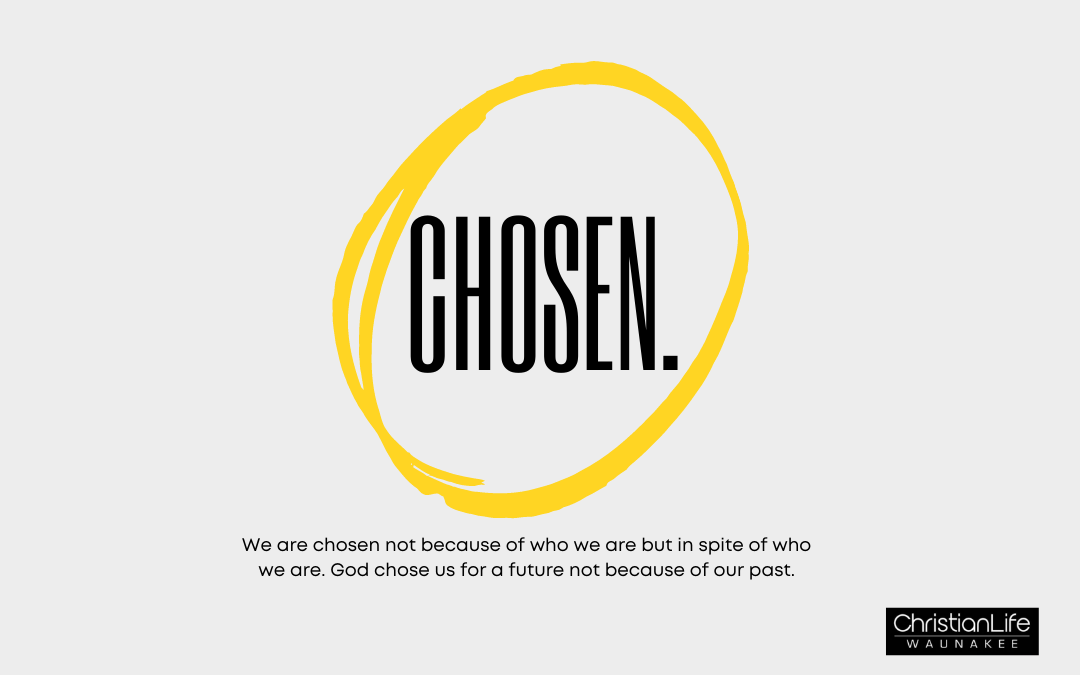Bible ‘Characters’?
Heroes: we tend to idolize them. They are role models. They can do no wrong—and if they do, we don’t want to hear about it.
Think of classic old action movies and TV series: there are clearly defined sets of good guys and bad guys. One set always makes right choices, and the other always makes wrong ones. We tend to think about Bible characters like that. Some are villains (Pharaoh, Goliath, Haman, Judas), and some are heroes (Moses, David, Esther, Simon Peter). But that’s just it—they aren’t characters, they’re people.
It’s clear that even the ‘good guys’ in the Bible didn’t always make right choices. The classic example is David—a “man after God’s own heart,” the human ancestor of Jesus of Nazareth. The Bible depicts him arranging the murder of a man to cover up the fact that the man’s wife was going to have David’s child (2 Samuel 11). David messed up in a big way. He was forgiven, but not excused. He faced consequences for his choices, and yet he still got to be in the lineage of the greatest gift to humankind ever: Jesus Christ. Not every person in the Bible has such a dark chapter in their story, but not a single one of them was perfect. We need to acknowledge this for a few reasons:
- Perfect people are tough models to follow. We can’t be perfect, so we will forever be falling short.
- Hero worship prevents us from doing the hard work of separating the good actions from the bad ones (what to imitate and what not to).
- Perfection doesn’t represent real life. Besides Jesus, there are no perfect people.
The Chosen Controversy
We’ve seen people struggle to accept imperfect characters in some reactions to the series The Chosen, which dramatizes the life of Jesus and his disciples. When episode 5 of season 2 aired, it caused some controversy among viewers, which director Dallas Jenkins addressed in a video response (https://youtu.be/lpA5V32PpJs). In the episode, Mary Magdalene temporarily returns to her former lifestyle after reliving some traumatic memories. Some viewers protested that since Mary had already been called by Jesus, she would never have wavered like this. Not, they said, if she was really saved. However, Dallas argues, to question Mary’s salvation because of her continued struggle is neither merciful nor biblical.
As depicted with Mary, even after we are redeemed by Jesus, we will still struggle, often with some of the same things we struggled with before. Even the apostle Paul still fought with sin in his life: “For I do not do the good I want to do, but the evil I do not want to do—this I keep on doing” (Romans 7:19). He continues talking about his frustration in verses 24-25, “What a wretched man I am! Who will rescue me from this body that is subject to death? Thanks be to God, who delivers me through Jesus Christ our Lord!” Thank the Lord salvation is not dependent on our ability to hold our lives together and do everything right from conversion onward.
That doesn’t mean we shouldn’t look to anyone as examples. We all need role models. But realistic role models are better ones. That’s why the depictions of people in The Chosen have been both beloved and controversial. It’s encouraging and challenging to see Joshua’s confusion over Moses making the bronze serpent (season 1, episode 2), to see John the Baptizer wondering why Jesus’ ministry doesn’t look like he thought it would (season 2, episode 5), or to see the disciples squabbling with each other while Jesus heals people off-screen (season 2, episode 3). It might destroy our imaginings of flawless heroes, but it gives us real-life examples of people chosen by Jesus who remained imperfect, just like us.
—————————————————

